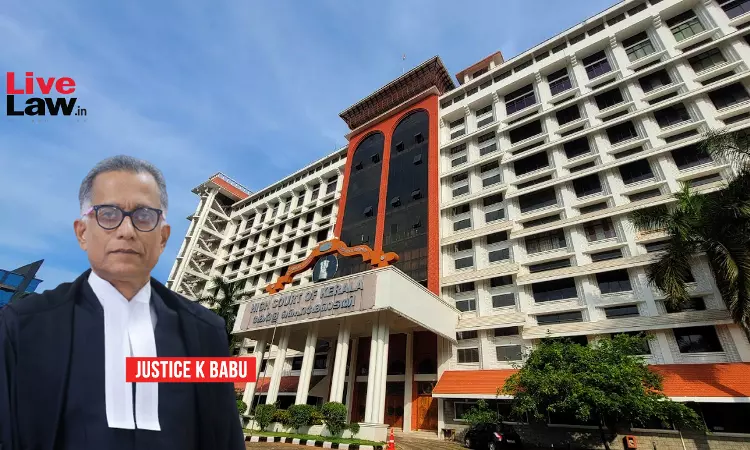The Kerala High Court recently held that a Magistrate cannot refuse a person accused of an offence, permission to surrender to its jurisdiction under Sections 436 and 437 of Code of Criminal Procedure, 1973.A single bench of Justice K Babu observed: “When the Code permits a person accused of an offence to surrender before the Court having jurisdiction over the subject matter, it cannot...

